Standard Thread versus Metallic Thread: Choosing the Right Stitch for Your Company's Apparel
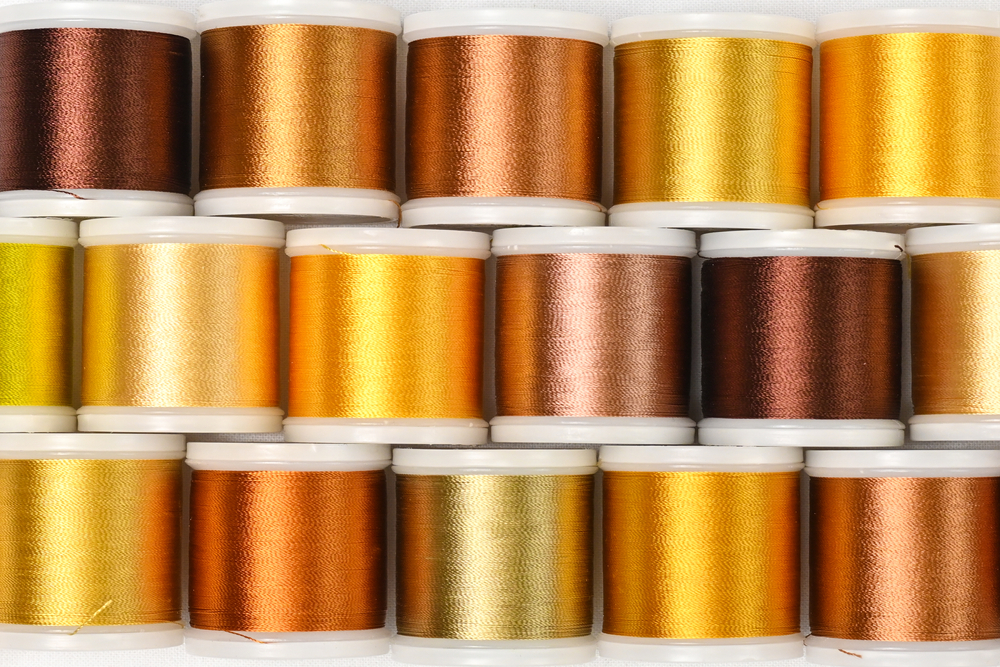
Posted by Naji Jr. on to Technical Guides
Standard Thread versus Metallic Thread: Choosing the Right Stitch for Your Company's Apparel
Introduction
In the world of company apparel and branding, small details make a significant difference. Whether it's the fabric, the cut, or the thread used for stitching, each element contributes to the final look and feel of a product. One such detail that often goes overlooked is the type of thread used for embroidery. With the rise in demand for company logos on apparel, businesses are increasingly presented with a choice: should they go with standard thread or metallic thread?
In this guide, we'll delve deep into the world of threads, examining the key differences between standard and metallic, and helping you decide which is best for your company's apparel needs.
Diving Deep into Threads: Standard and Metallic Explained
When it comes to embroidering a logo on company apparel, the choice of thread plays an instrumental role. The world of threads is vast, but for businesses aiming to leave an impression, the decision often boils down to two main types: Standard and Metallic. Let’s unravel the nuances of these threads.
Standard Embroidery Thread: Rayon and Polyester
1. Material Composition
The most common materials for standard embroidery threads are polyester and rayon. Their properties are what makes them popular choices in professional embroidery.
- Polyester: Known for its resilience, polyester threads are synthetic and are developed to withstand various environmental factors.
- Rayon: Derived from natural sources, rayon has a slight edge over polyester when it comes to sheen, giving embroidered designs a subtle glow.
2. Key Features
- Strength: Polyester, with its synthetic origins, is robust, ensuring that embroidered designs remain intact even with regular use and frequent washes.
- Color Retention: Both polyester and rayon threads are treated to retain color. Polyester, in particular, is fade-resistant, even under harsh cleaning agents.
- Design Precision: The flexibility these threads offer ensures that even the most intricate logos or designs can be embroidered with precision.
Metallic Embroidery Thread: The Glistening Choice
1. Material Composition
Metallic threads aren’t entirely made of metal. Instead, they either have a core (often a polyester filament) wrapped in a metallic foil or are constructed from specialty synthetic fibers that offer a metallic appearance.
2. Key Features
- Brilliance: The defining feature of metallic threads is their unparalleled shine. They can transform a simple logo into a statement piece, making it instantly noticeable.
- Texture Variation: Unlike the smooth finish of standard threads, metallic threads offer a textured feel. This can elevate the tactile experience of the embroidered piece, adding an element of luxury.
- Special Care: While they are undeniably attractive, metallic threads can be a bit more delicate. They might require special care during washing or might be more prone to wear and tear, especially in high-friction situations.
Weighing the Pros and Cons: Threads Unwound
Embroidery, being an art of detail, hinges significantly on the type of thread chosen. The decision between standard and metallic threads might seem minute, but it shapes the entire aesthetic and utility of an embroidered piece. Here's a comprehensive look at their pros and cons, optimized to help you stitch together the best decision and for search engines to grasp the depth of this content.
Standard Embroidery Thread: The Reliable Performer
Advantages:
1. Adaptability to Material:
Standard threads, whether rayon or polyester, are a safe bet for most fabrics, from dense materials like denim to lighter ones like silk.
2. Budget-Friendly:
When producing apparel in bulk, costs matter. Standard threads offer competitive pricing, especially when considering their performance ratio.
3. Seamless Machine Integration:
Anyone in the embroidery business knows that machine compatibility is paramount. Standard threads, owing to their consistent make, glide effortlessly on machines, reducing downtime due to thread snags or breaks.
Disadvantages:
1. Subdued Reflection:
While they can be made to look bright, standard threads lack the innate shimmer that metallic threads naturally possess. This might be a drawback for brands aiming for a standout gleam in their logos.
Metallic Embroidery Thread: The Luxurious Showstopper
Advantages:
1. Visual Brilliance:
The primary allure of metallic threads lies in their lustrous finish. For companies aiming to exude luxury or wanting their logos to be head-turners, metallic threads are a clear winner.
2. Unique Brand Signature:
In a world of standard logos, a metallic finish can give your brand an edge. It's not just a thread; it’s a statement of opulence and attention to detail.
3. Texture Play:
Beyond the shine, the texture of metallic threads offers a tactile richness, providing an enhanced touch experience that some premium brands might appreciate.
Disadvantages:
1. Premium Pricing:
Luxury comes at a price. Metallic threads, with their unique manufacturing process, are generally pricier than their standard counterparts.
2. Machine Sensitivity:
Metallic threads, especially those with metal foils, can be trickier to work with. They require precise machine settings to prevent breakages, snags, or uneven embroidery, which can sometimes slow down production speed.
Making the Choice for Your Company's Apparel: A Threaded Decision
Selecting the right thread for your company's apparel goes beyond just the look and feel. It's about making a statement, ensuring durability, and fitting within budget constraints. Here's a deeper dive into the factors you should consider to make the best decision for your brand:
1. Purpose and Durability: Mapping Out the Wear and Tear
- Everyday Workwear: If the apparel is intended for daily use, especially in environments that involve physical labor or exposure to elements, then durability is key. Standard threads, particularly polyester, are designed to withstand frequent washing, sunlight, and general wear and tear.
- Special Occasions: For events like corporate galas, launch events, or anniversaries, apparel is often worn once or a few times but needs to make a memorable impact. Here, the glitter of metallic threads can make the apparel truly stand out, making them an ideal choice.
- Client or Premium Gifts: If you're gifting jackets, caps, or other apparel items to premium clients or as employee rewards, the enhanced appeal of metallic threads can convey a sense of exclusivity and appreciation.
2. Budgetary Constraints: Getting the Best Bang for Your Buck
- Value for Money: Standard threads offer robustness at a competitive price. Especially when ordering in bulk for a large workforce, these can provide substantial savings without compromising on quality.
- Investment in Branding: While metallic threads might be pricier, they can be viewed as an investment. The unique branding image they portray can be instrumental in setting your company apart, especially in industries where branding plays a pivotal role.
3. Brand Image: Crafting a Cohesive Message
- Premium and Luxury Positioning: Brands that want to exude opulence, luxury, or high-end positioning can greatly benefit from the sheen of metallic threads. Think of luxury car dealerships, high-end jewelers, or premium hotels.
- Subtlety and Professionalism: If your brand leans more towards a professional, understated image, standard threads can convey this perfectly. They offer vibrancy without being overly flashy – ideal for industries like finance, law, or corporate consultancies.
- Reflecting Brand Colors: Another point to consider is how accurately each thread type can reproduce your brand's colors. While both thread types come in various shades, ensure that the chosen thread can match or complement your official brand colors effectively.
- Feedback and Samples: Before making a bulk order, it's wise to get a few samples. This allows stakeholders and decision-makers to see and feel the product, ensuring everyone is content with the choice.
- Environmental Considerations: For brands with a strong focus on sustainability, the environmental footprint of the thread production might be a factor. While both threads have their pros and cons in this aspect, it's worth researching and aligning with a brand ethos.
In Conclusion
In conclusion, the choice between standard and metallic thread comes down to the company's branding needs, budget, and the intended use of the apparel. Both have their strengths, and understanding these can help make a more informed decision. When executed correctly, embroidery can elevate a brand's image, making it crucial to choose wisely. Remember, it's not just about the fabric or design; the type of thread can stitch together the perfect image for your company.
Categories
Recent Posts
- The Best Custom Polos for Workwear and Events
- The Most Popular Custom Hats for Every Occasion
- Why Choose a Mesh Back Hat?
- Exploring Backstrap Options: The Benefits and Drawbacks of Popular Hat Closures
- The Perfect Pair: Branded Bills Hats for Embroidery
- Trendy Camo Hats for the Outdoors: Customize the Richardson 111P with LogoUp
- The Ultimate Guide to Customizing the Richardson 320 Washed Chino Hat with Embroidery
- Embroidery on the Otto Cap 39-165: High-Performance Customization for Every Occasion
- LogoUp Holiday Gifts: Embroidered and DTF-Decorated Richardson 112, 112PFP, and 112PM
- Gifting LogoUp Custom Campfire Mugs: Thoughtful, Versatile, and Personalized









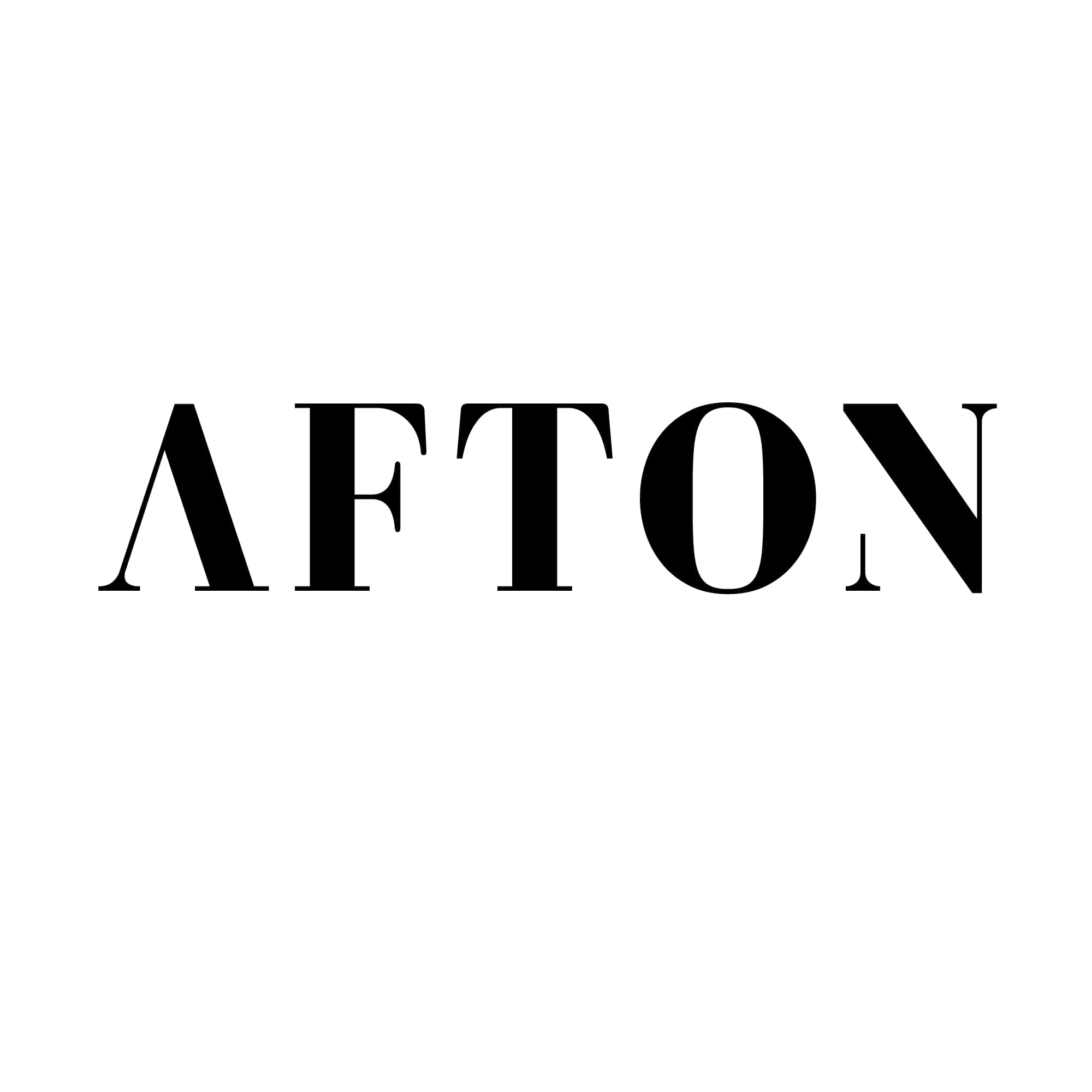
















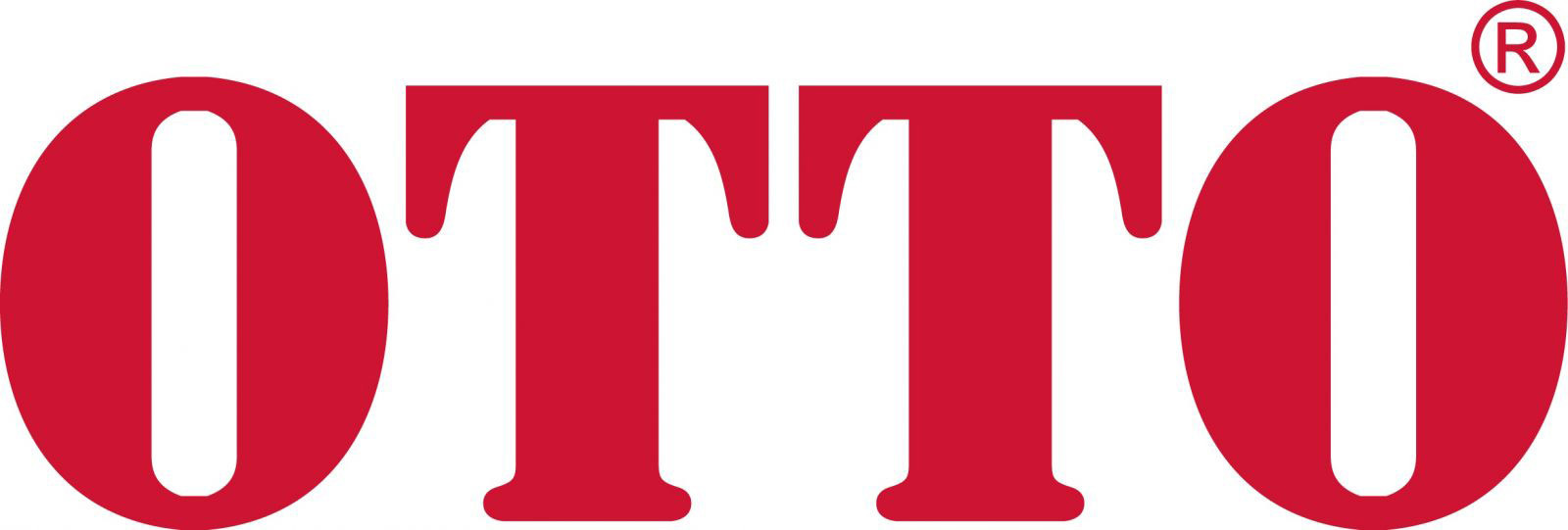






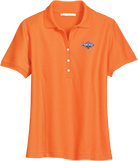
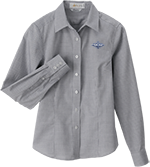
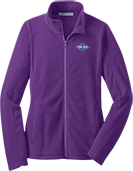
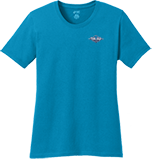
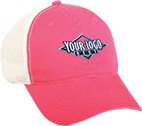

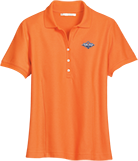
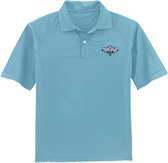


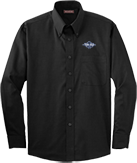
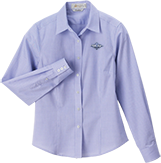




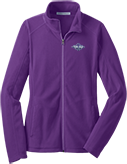
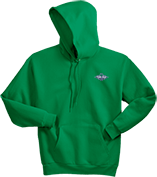

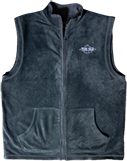
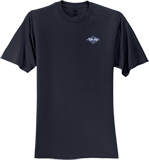
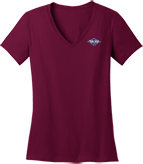
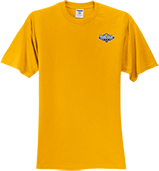
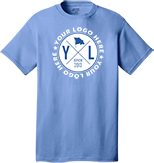
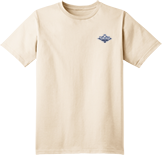
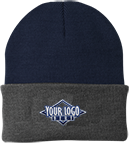










Add Comment